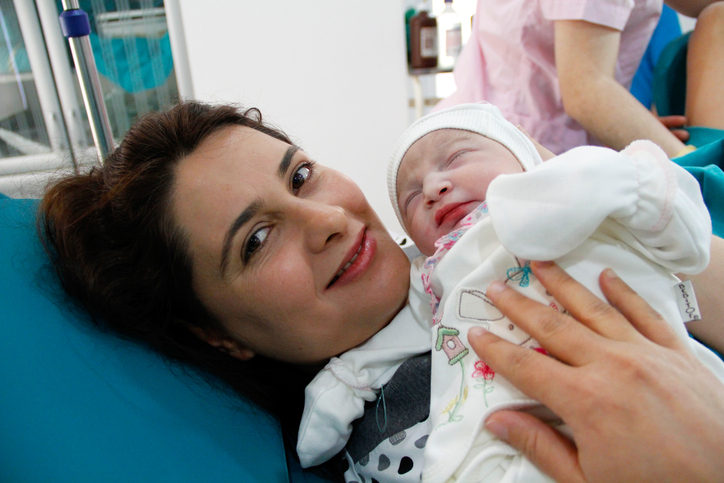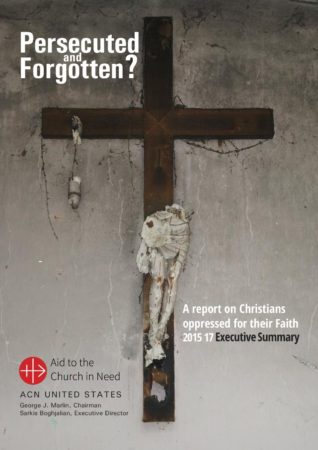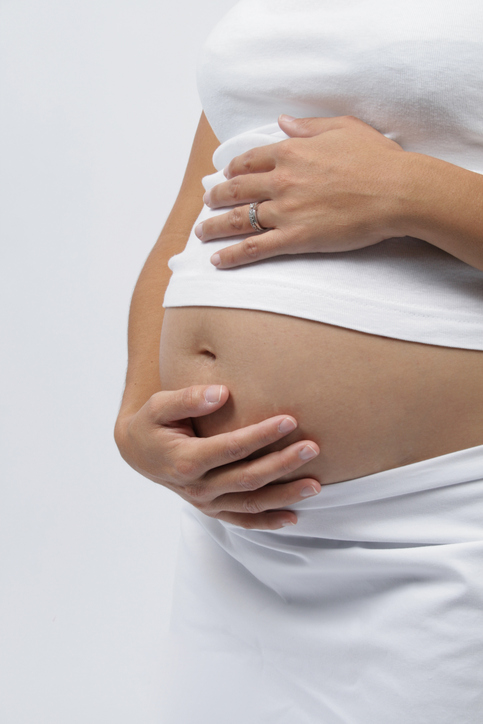About 1,000 orders for sperm samples have been made by private Irish individuals from one single sperm bank in the past decade, Cryos in Denmark. Another 4,000 were ordered through clinics.
Cryos International chief executive Peter Reeslev declined to reveal the exact number of orders placed by private and corporate individuals, but added that about 80 per cent of Irish sperm orders were supplied to clinics while the remaining 20 per cent were issued to private individuals.
He added that there had been a dramatic shift in customer groups in the past 10 years, while the number of orders placed had stayed relatively stable. He said private heterosexual couples from Ireland now make up just 20 per cent of purchasers, while singles (40 per cent) and lesbians (40 per cent) now account for the vast majority of private orders.
He also said there has been a shift away from anonymous sperm to samples where the male provider was identified. While he speculated this may be due to an anticipated change in the law to ban the exchange of anonymous sperm and eggs, it may also be due to a rising awareness of the wrong inflicted on donor-conceived children by the enforced loss of their genetic identity.
According to another outlet, the European Sperm Bank, personal orders by Irish patients numbered around 100 in 2017 and order numbers are increasing in 2018. About 20 per cent of the sperm delivered to Ireland last year was anonymous, while 80 per cent was non-anonymous, their spokeswoman said.



















